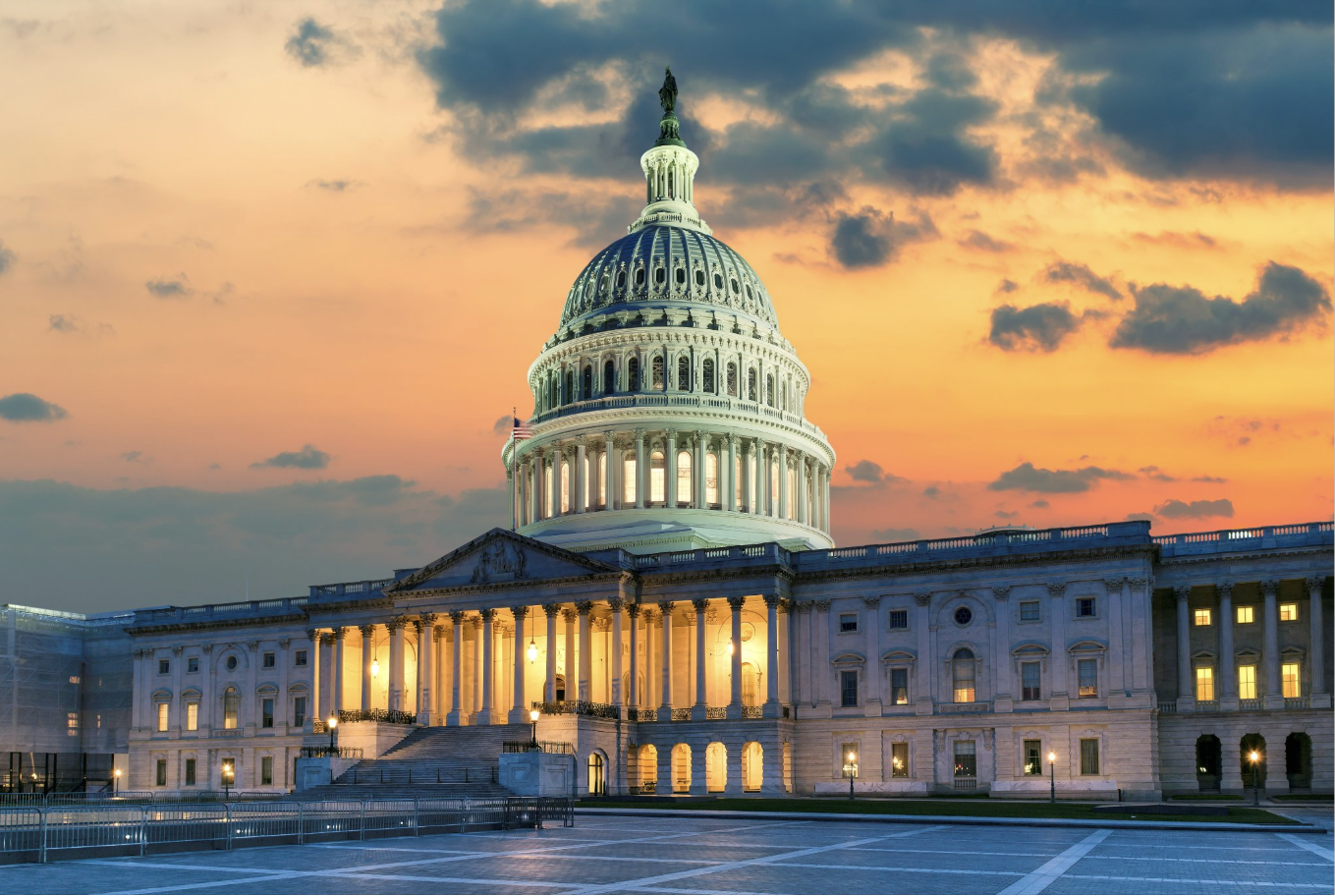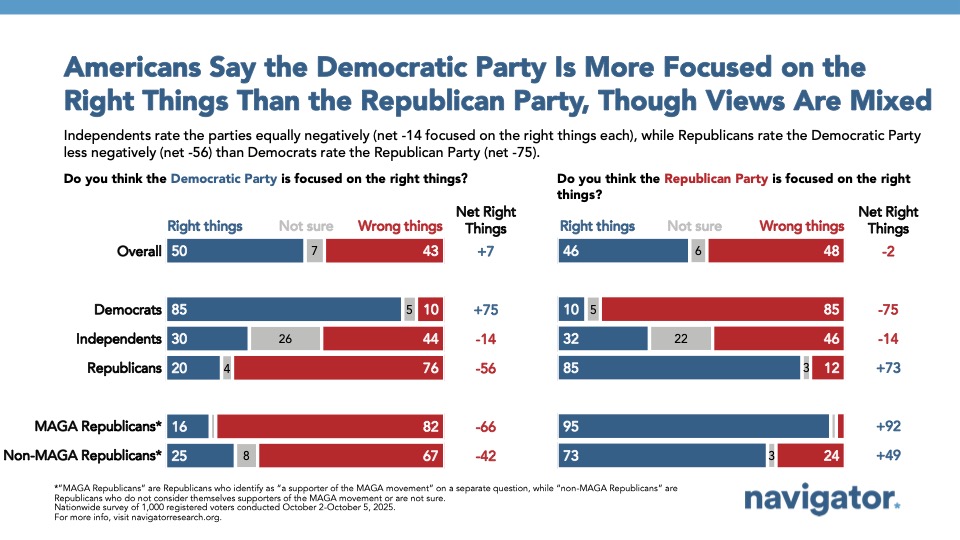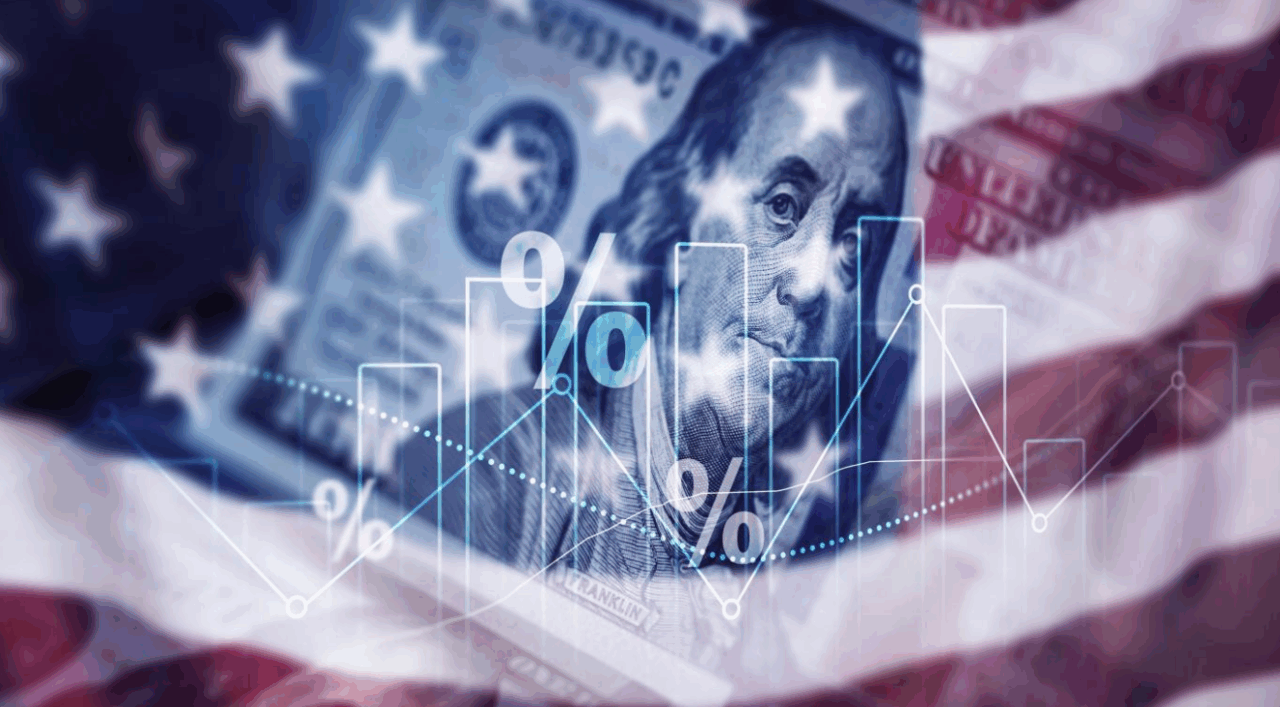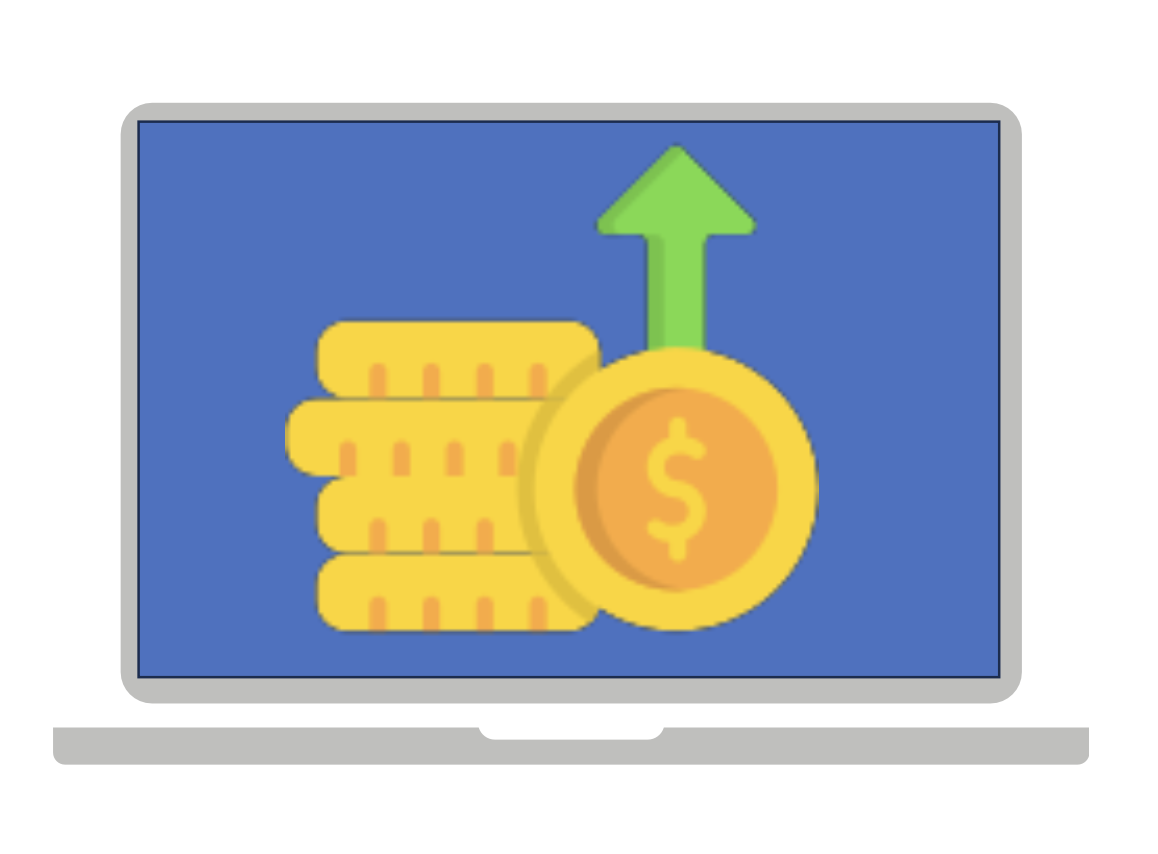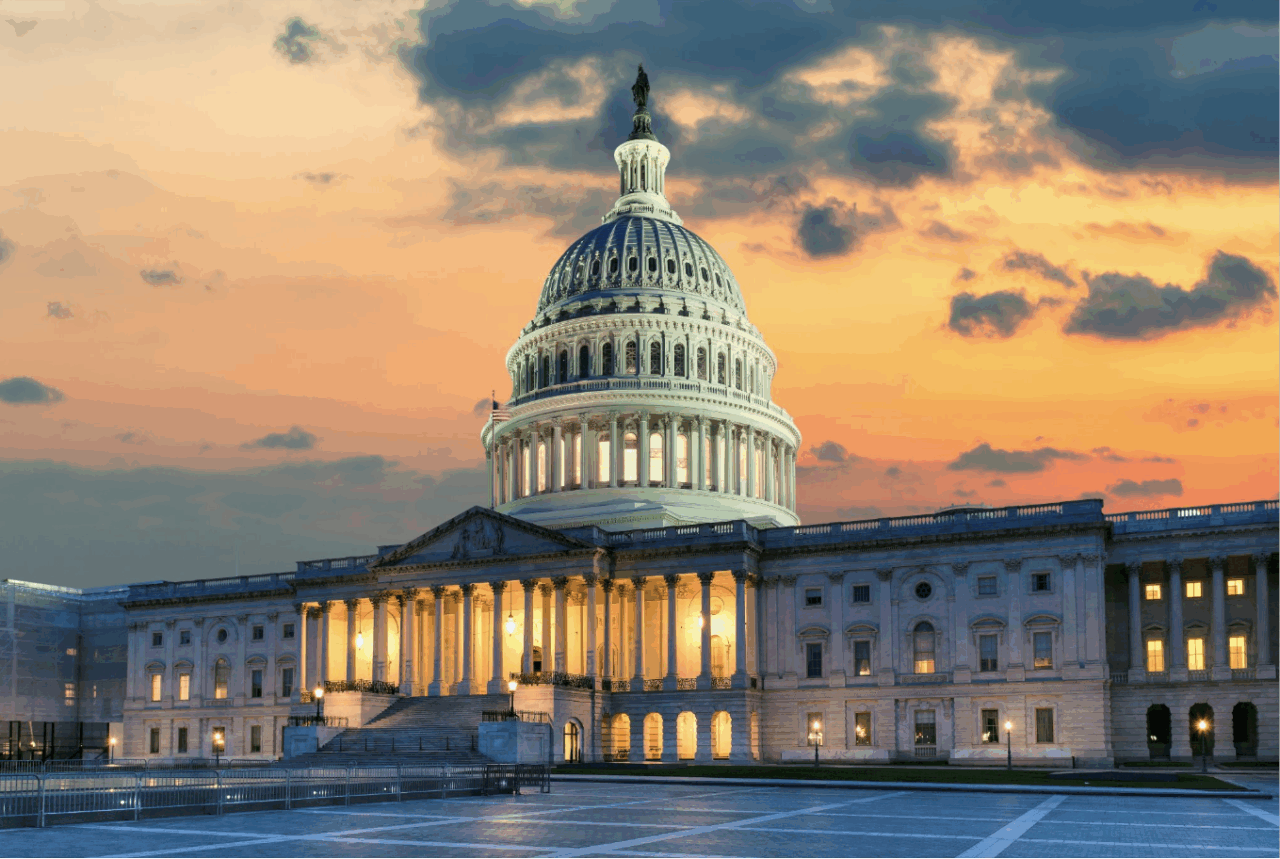Poll: Government Shutdown
This Navigator Research report covers awareness of and blame for the government shutdown.
BIG TAKEAWAYS:
- The shutdown is dominating the news; 75 percent of Americans say they have heard about it.
- More Americans blame Trump and Republicans for the shutdown than Democrats.
- Americans want the shutdown to end, but not if it means compromising on health care.
Shutdown News
News of the government shutdown has started to break through, as 75 percent of Americans now say they have heard “some” or “a lot” about it. This is a 35-point increase from last month when 40 percent had heard something about a shutdown.
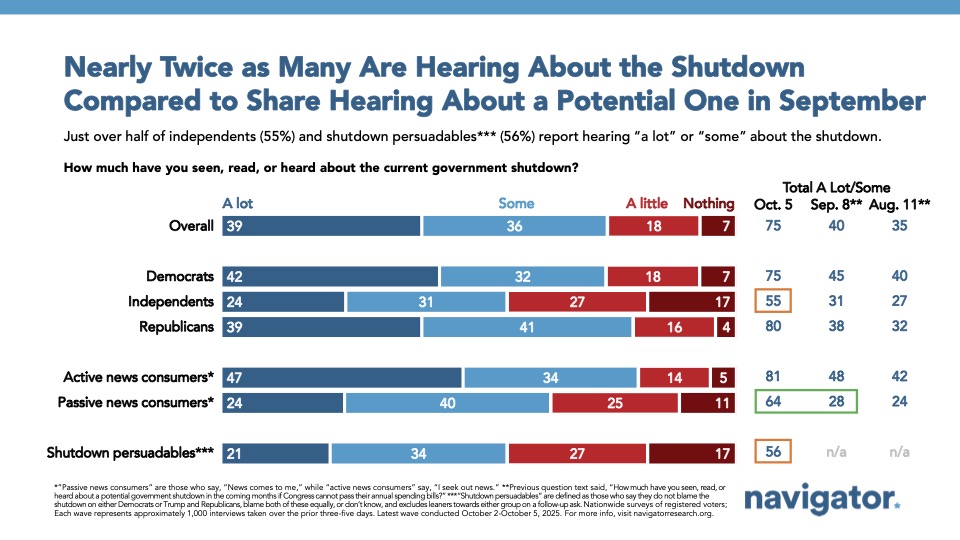
It also dominates both the positive and negative news they’re hearing about Donald Trump, as well as Democrats and Republicans in Congress.

Half believe a government shutdown will have a negative impact on them personally (50 percent), and even more (68 percent) believe it will have a negative impact on the country.
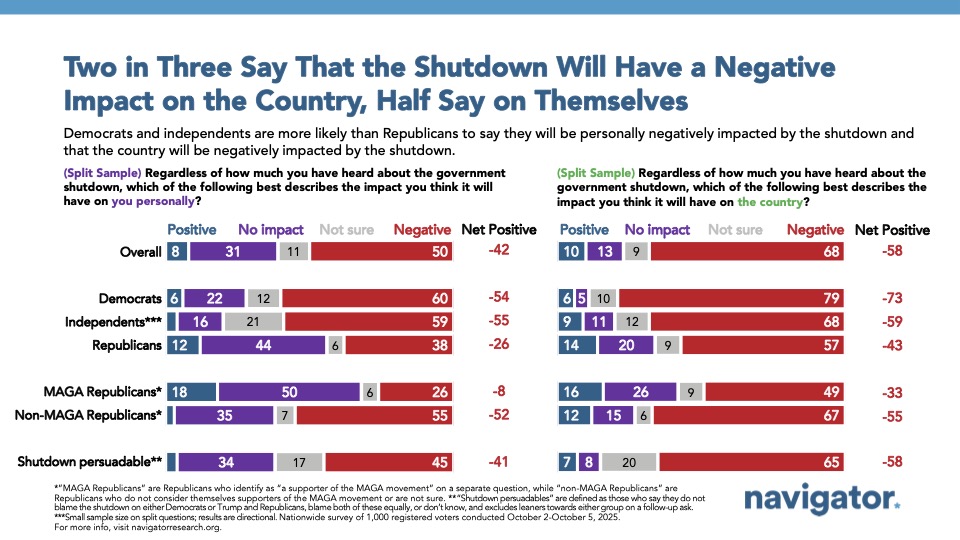
Shutdown Blame
More blame Trump and Republicans than Democrats for the shutdown. A plurality (45 percent) blame Trump and Republicans, compared to fewer who blame Democrats (32 percent); a 13-point margin.
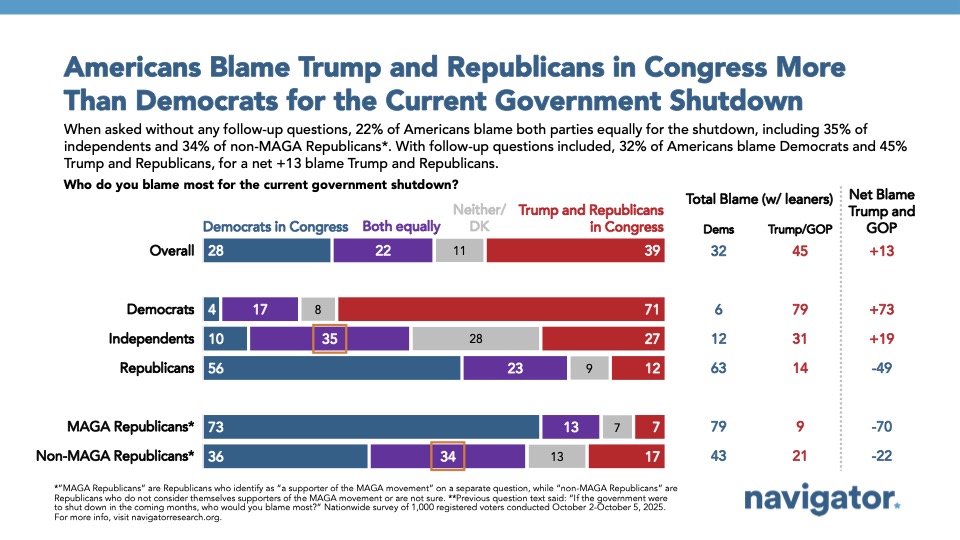
A slightly different question shows a similar result. Asked who is trying to keep the government open vs. shut it down, more cast blame on Donald Trump than on either party in Congress. By 8 points, Americans say Donald Trump has tried to shut the government down. By a 2-point margin, they say Republicans in Congress have tried to shut the government down. By contrast, Americans say Democrats are trying to keep the government open by 3 points.
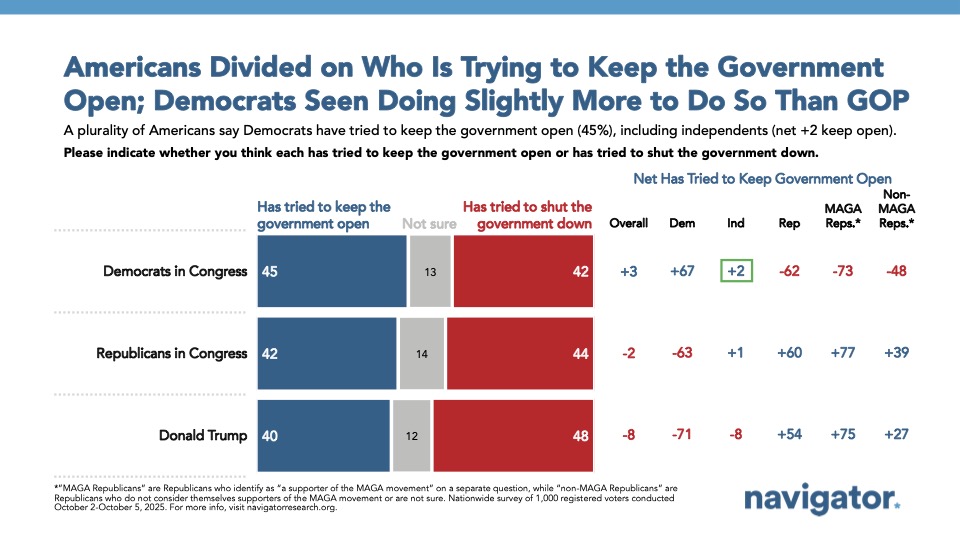
At a time when Democrats are somewhat less trusted than Republicans on a variety of traits, ‘handling the shutdown’ is one on which Americans are most evenly divided.
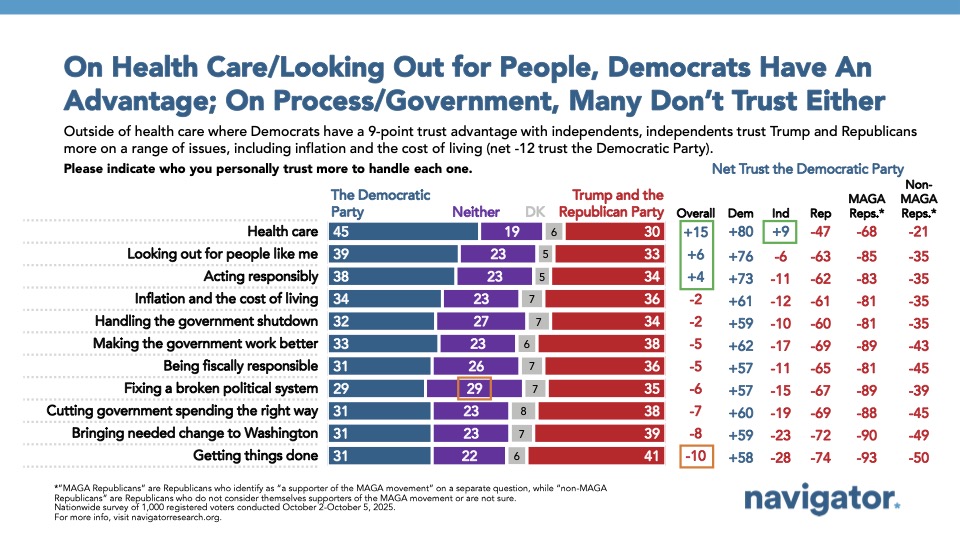
Americans want compromise, but not on health care
Asked whether Democrats should compromise or hold to their principles, Americans say compromise by 14 points.
- Democrats should hold their ground on their principles, even if it means that the government shutdown continues.
However, when asked whether Democrats should compromise, even if it means health care costs going up, Americans say do not compromise by 2 points, including by 29 points among independents.
- Democrats should hold their ground to make sure that health care isn’t taken away and that costs don’t go up any more than they already have, even if it means that the government shutdown continues

The Vibes
As the shutdown continues, President Trump’s overall approval rating (-10) and economic job approval (-15) remain underwater. Trump’s approval on both metrics remain nearly identical to polling from last month, indicating the shutdown may not be having an impact on him, yet.
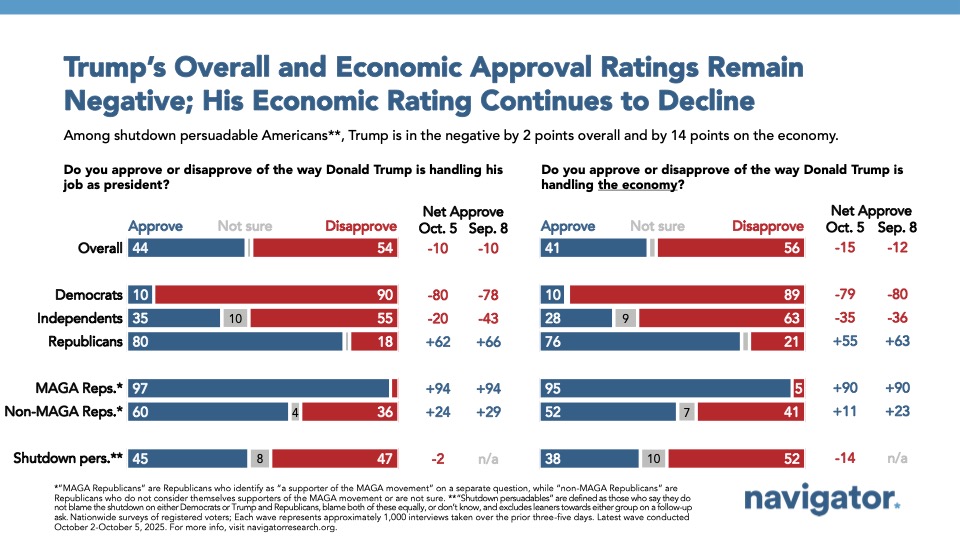
There has, however, been worsening economic perceptions in light of the shutdown, as 70 percent rate the economy negatively (a 5-point drop since last month) and 58 percent say they feel uneasy about their personal finances. The top concerning consequence of the government shutdown is the shutdown harming the U.S. economy, potentially costing billions of dollars each week and increasing unemployment.
It’s not just Democrats who feel negative on the state of the economy, but also independents, non-MAGA Republicans, and those who are undecided on who to blame for the shutdown.
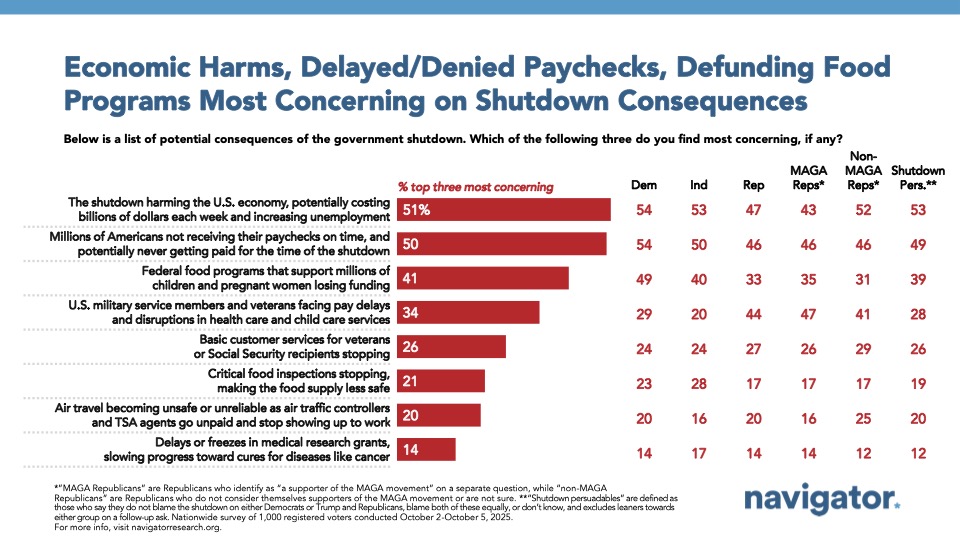
Health care programs like Medicaid (+62) and the Affordable Care Act (ACA) (+35) remain overwhelmingly popular. “Obamacare” is also viewed favorably by 21 points, but the ACA is narrowly favored by Republicans while “Obamacare” is deeply underwater among this group.
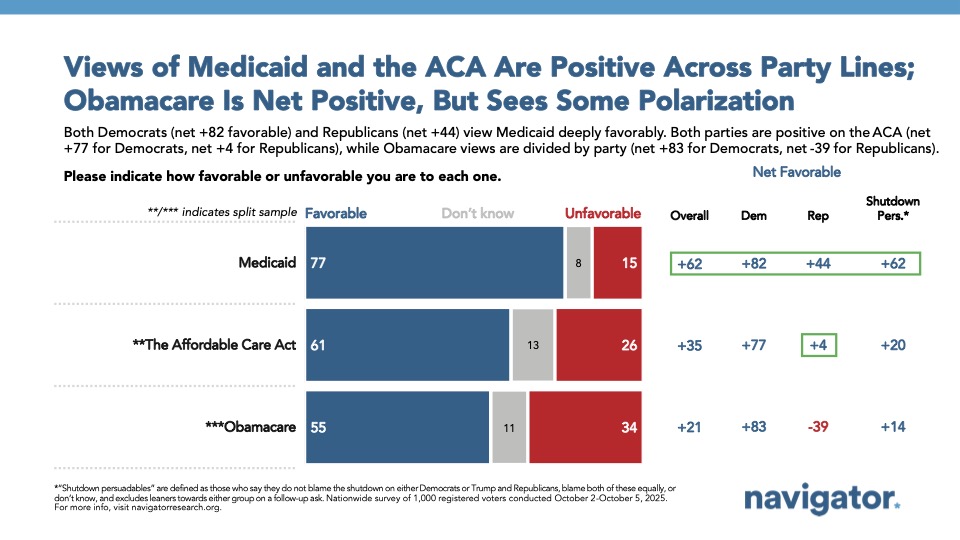
Americans continue to trust Democrats over Trump and Republicans to handle health care (51 percent Democrats – 36 percent Trump and Republicans), including independents by 19 points.
More believe Democrats in Congress are focused on the right things (50%right things – 43 percent wrong things) while Republicans in Congress are underwater on the same measure (46 percent right things – 48 percent wrong things). A plurality of independents think both Democrats and Republicans are focused on the wrong things.
